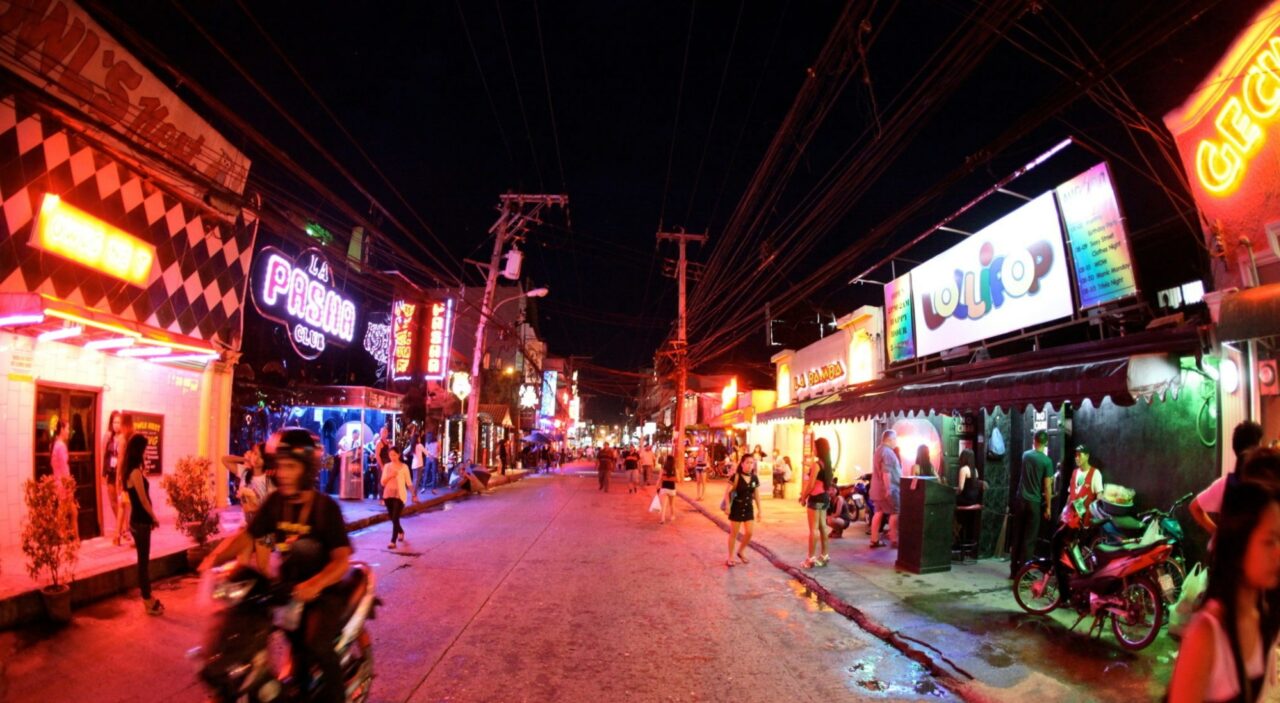
Sex Trafficking
Sex trafficking is a form of modern slavery in which someone coerces or deceives another person into commercial sexual exploitation for profit. Any child sold for sex is considered a victim of sex trafficking by nature of their age. Simply, it is sexual violence as a business. The nightmare of sex trafficking thrives when law enforcement cannot or does not protect vulnerable children and women.
2 million children are exploited in the global commercial sex trade
Human trafficking generates about $150 billion a year—two-thirds from commercial sexual exploitation.
In IJM cases, sex trafficking survivors have described being beaten, forcibly injected with narcotics and forced to watch their own children be physically abused.
The vast majority of victims of trafficking come from backgrounds of poverty. Impoverished women and girls are especially susceptible to traffickers' schemes of deception. Because of their desperate economic situation, they (or their parents or caretakers) are more willing to take risks—so they are more likely to accept fraudulent job offers or insincere marriage proposals from traffickers, to move to another location or migrate to another country, or to believe other deceptive techniques criminals use to entrap victims.
Once trafficked, victims find themselves facing violence as a constant threat. In addition to serial rape, children and adults forced into the commercial sex trade are particularly vulnerable to physical assault from owners, pimps, recruiters and customers.
Though sex trafficking is a worldwide phenomenon, it is most pervasive in countries with weak justice systems, where perpetrators know they are unlikely to face any significant consequences for profiting from repeated sexual assault.
However, because the crime is an economic one, traffickers, pimps and others who profit from the sexual exploitation of children are particularly sensitive to law enforcement action. When the likelihood of serving serious jail time and paying significant financial damages increases, the potential financial rewards are no longer worth the high risk, and traffickers change their behaviour.
More Resources:
Sex Trafficking, Law Enforcement and Perpetrator Accountability (PDF)
by Holly Burkhalter, Senior Advisor, Justice System Transformation
Originally Published by the Anti-Trafficking Revue, Issue 1, June 2012.
IJM combats sex trafficking in the Dominican Republic, India, and the Philippines.
Rescuing victims. We identify children and adults forced into the commercial sex trade, support professional law enforcement rescue operations and ensure that all people, including non-trafficked individuals who may be present, are treated with dignity during the operation.
Bringing criminals to justice. We partner with local authorities to help build strong cases against traffickers, pimps and other perpetrators and support their prosecution.
Restoring survivors. We create individual treatment plans for each survivor, partner with excellent aftercare homes, provide focused trauma counselling and support access to school and vocational opportunities.
Strengthening justice systems. We provide training and hands-on mentoring to law enforcement, judges, prosecutors and other professionals, and advocate for improvements to the justice system that will ensure cases are heard and survivors are protected.